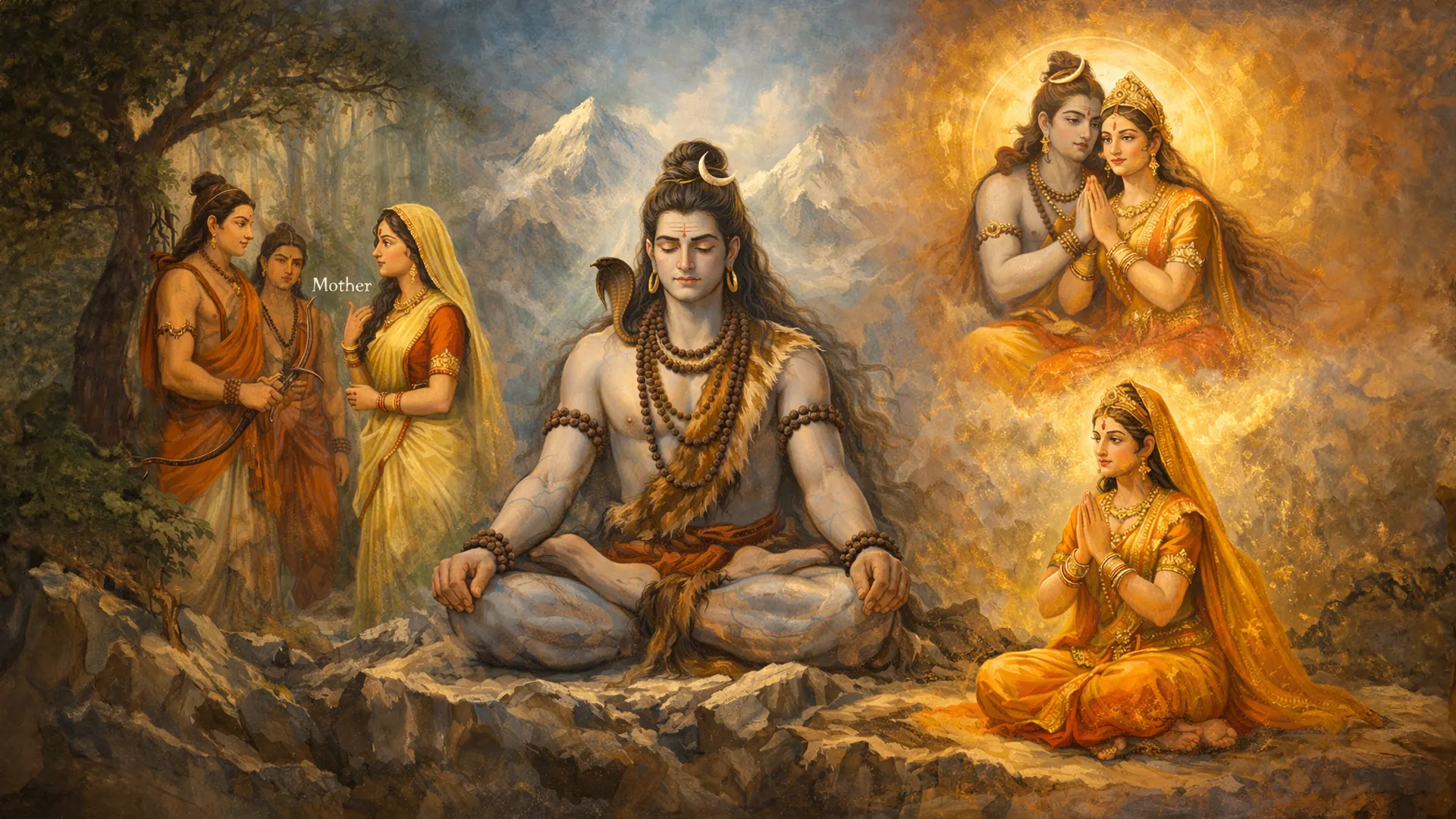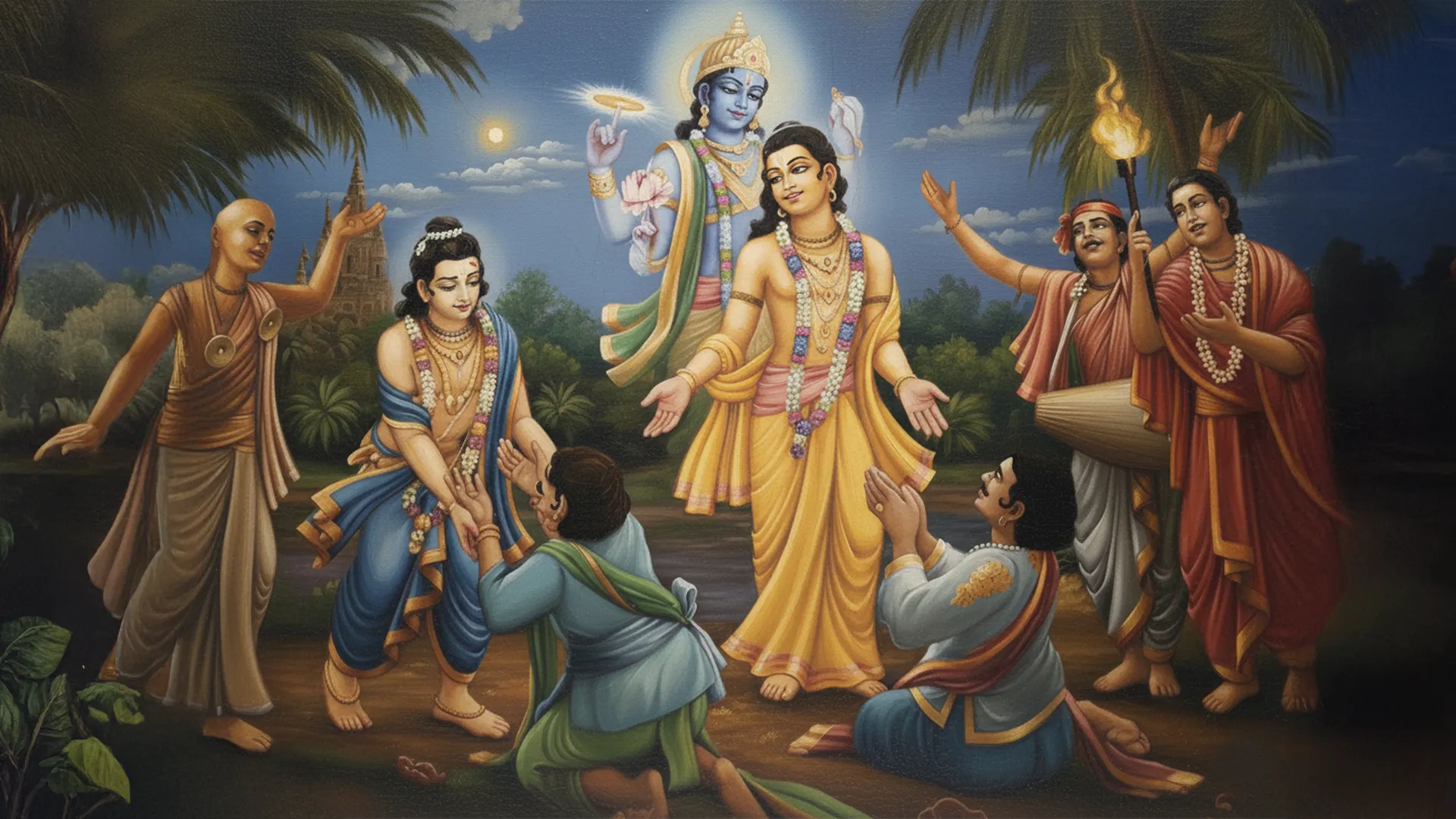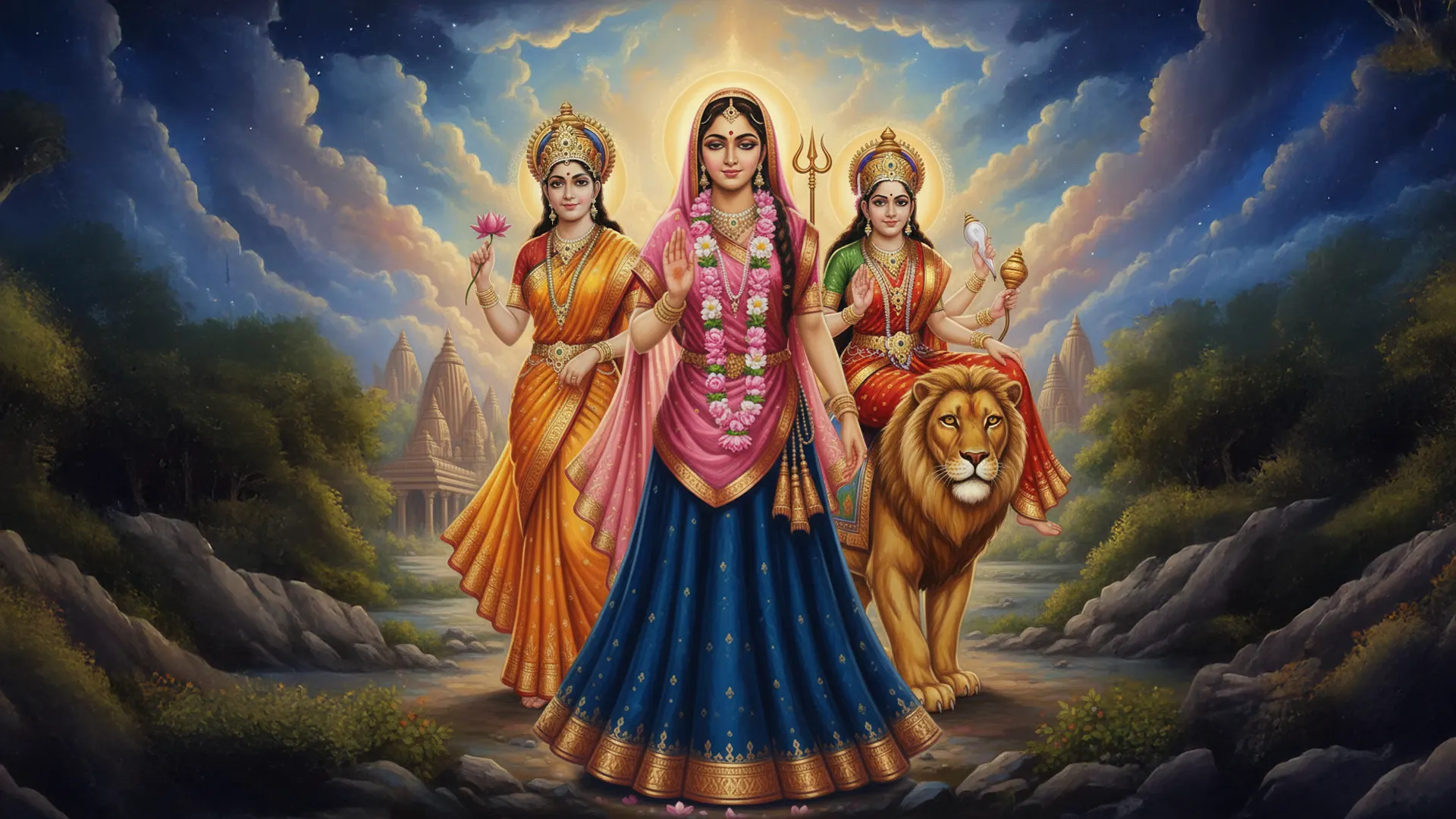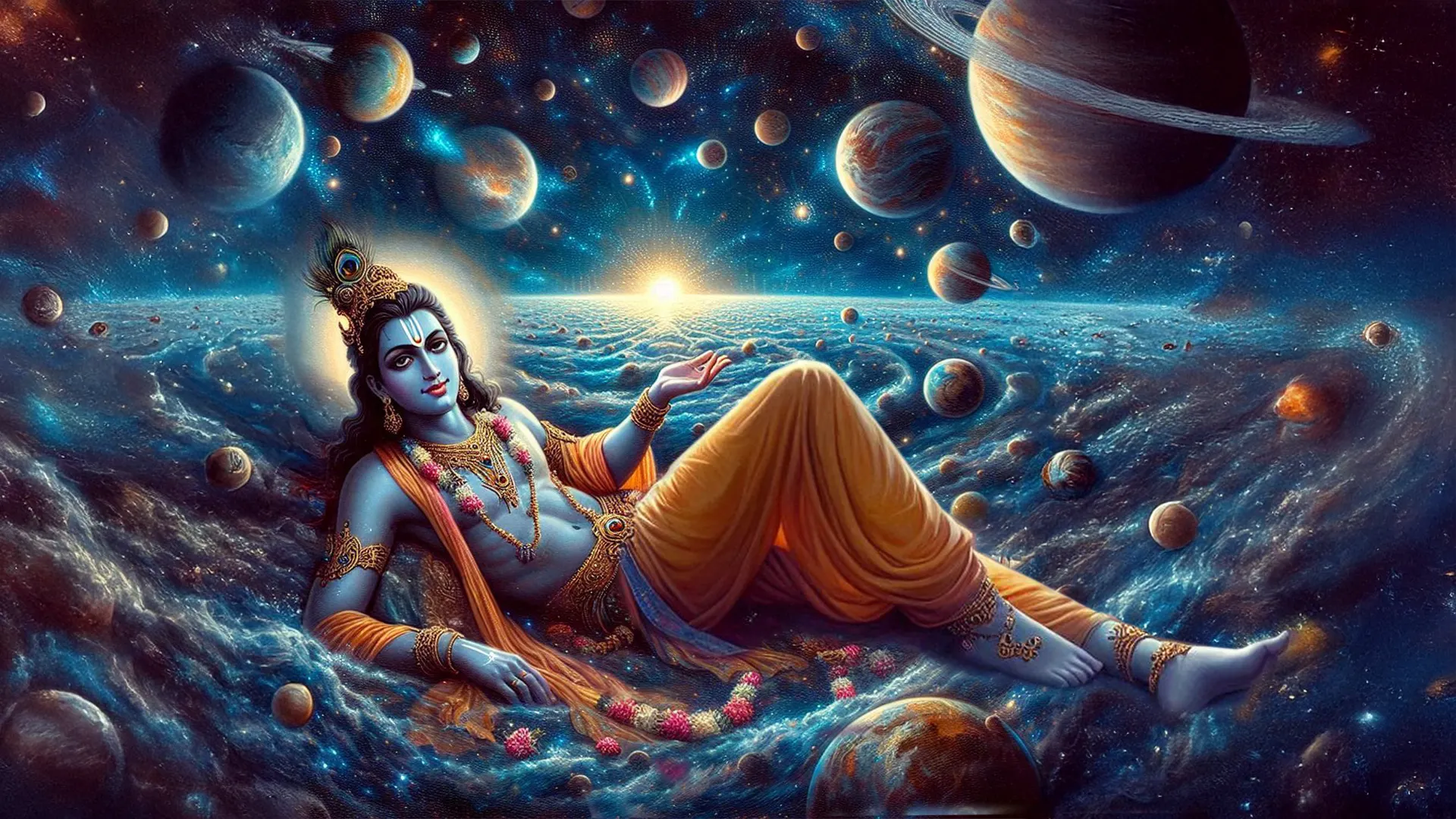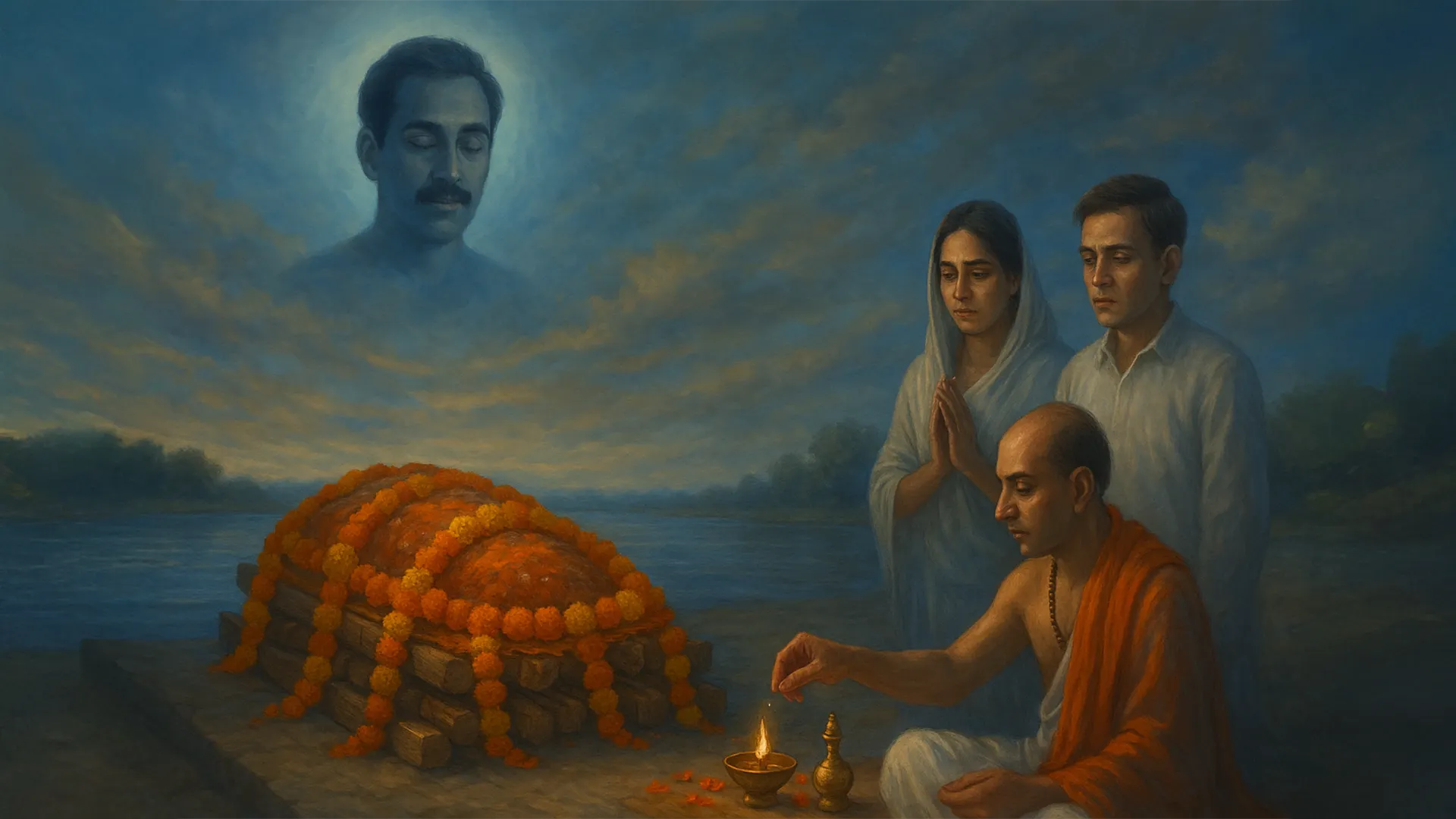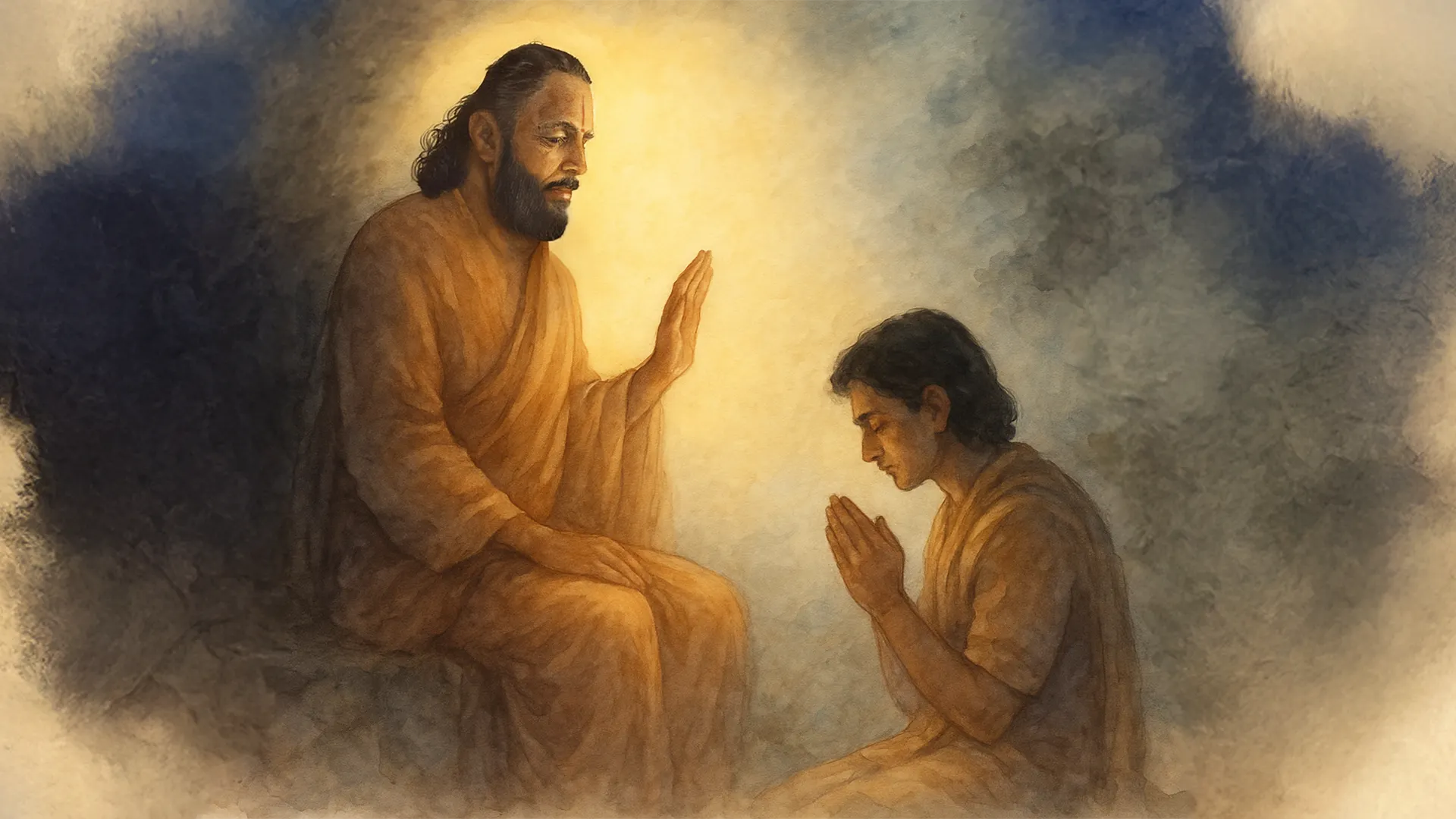The festival of Diwali, so deeply rooted in the culture and spirituality of India, is awaited in high spirits every year. Diwali is derived from the Sanskrit word दीपावलि/Deepavali, meaning rows of light. Diwali, often called the Festival of Lights, has evolved into a symbol of rich cultural diversity, carrying unique significance for various groups of people. This vibrant celebration brings together a tapestry of traditions and beliefs, reflecting the multifaceted nature of this festival.
Diwali in Hindu Tradition: Lakshmi Pooja
In Hindu tradition, Diwali, known as Deepawali, is not just about commemorating Lord Shree Ram's return to Ayodhya after a 14-year exile. It is a day of profound spiritual importance, celebrated as Lakshmi Pooja. This day marks the divine emergence of Mother Lakshmi, the goddess of wealth and prosperity, from the depths of the ocean during the cosmic event of Samudra Manthan, or the churning of the ocean. Her appearance symbolises the victory of good over evil and the blessings of abundance and prosperity.
Lakshmi, radiant in beauty and grace, chose Lord Vishnu as her consort, representing the eternal bond between material wealth and divine consciousness. This union signifies the harmonious coexistence of material prosperity and spiritual enlightenment, a theme deeply rooted in Diwali celebrations.
Diwali in Sikh Tradition: Triumph of Righteousness
Sikhs hold Diwali in high regard as a momentous occasion that commemorates the release of their 6th guru, Guru Hargobind Ji, from oppressive imprisonment. This historical event carries profound significance in Sikh history, symbolising the victory of righteousness over tyranny. On the day, Sikhs unite in joyful celebration, uniting in prayer, community gatherings, and acts of service. It serves as a joyous reminder of the indomitable spirit of Sikhism and their unwavering commitment to the principles of their faith.
Diwali in Jain Tradition: Mahavir Nirvana Diwas
For Jains, Diwali holds a distinct and profound significance as Mahavir Nirvana Diwas, commemorating the enlightenment of the 24th Tirthankara, Vardhamana Mahavir. This sacred day is celebrated with deep reverence and enthusiasm by Jains worldwide.
As a part of customary Diwali celebrations, people engage in various activities, such as tallying annual accounts for businesses, cleaning their homes, and visiting family and friends. These customs add a unique flavour to the festival, transcending cultural boundaries and bringing people together in unity and festivity.
The Symbolism of Light and Darkness in Diwali
Understanding the concept of darkness and light is crucial to celebrating the festival of lights in its true essence. Light is universally recognized as a symbol of knowledge, wisdom, and truth, while darkness symbolizes ignorance. Unlike light, we cannot define darkness as it has no physical form. It is merely the absence of light. Hence, light alone can eliminate darkness, as darkness cannot exist in its presence.
Our existence in this material world is often overshadowed by darkness, and we suffer due to a lack of knowledge and the inability to comprehend the divine truth. This darkness represents the absence of absolute truth.
The Bhagavad Gita explains that what we perceive as night is considered day by an enlightened sage. Similarly, the Ramayan suggests that our souls are asleep in ignorance. These enlightened texts teach us that the material world, which appears dark and full of suffering to us, is illuminated and clear to a sage who has attained enlightenment. When we are in a state of ignorance, we experience dreams. For example, a man who has lost his job and is in debt decides to watch a movie. As he becomes absorbed in the plot, he forgets about his financial troubles and unemployment. This illusion continues as long as the hall is dark. As soon as the movie stops and the lights are turned on, the man is jerked back into reality. He has been enjoying the comedy movie for the past two hours but is drenched back into the gloom and despair of his situation as he is stirred to reality. We have turned our backs towards God, the divine light. In front of us is a vast darkness of illusion, the absence of eternal light. The solution to dispel this ignorance is simple - turn your face towards God, who is synonymous with knowledge, truth, and bliss.
This Diwali, let us add a spiritual endeavour to the cultural celebration. Along with customary rituals of lights, sweets, and festivities, let's take a step ahead and associate our conscience with divine consciousness. By absorbing ourselves in His loving remembrance, He, being the light himself, shall illuminate our lives with knowledge and eternal bliss.



